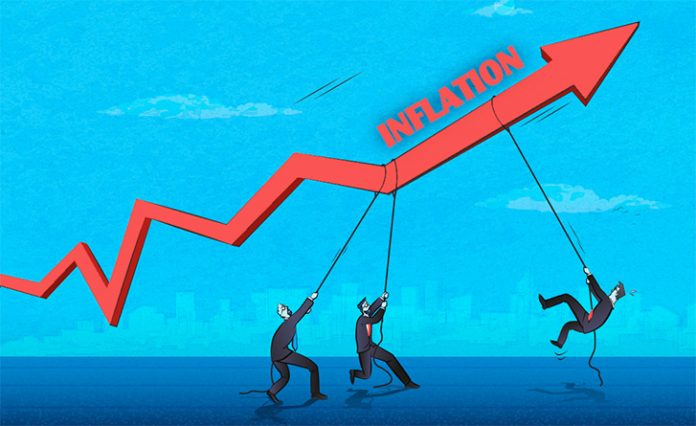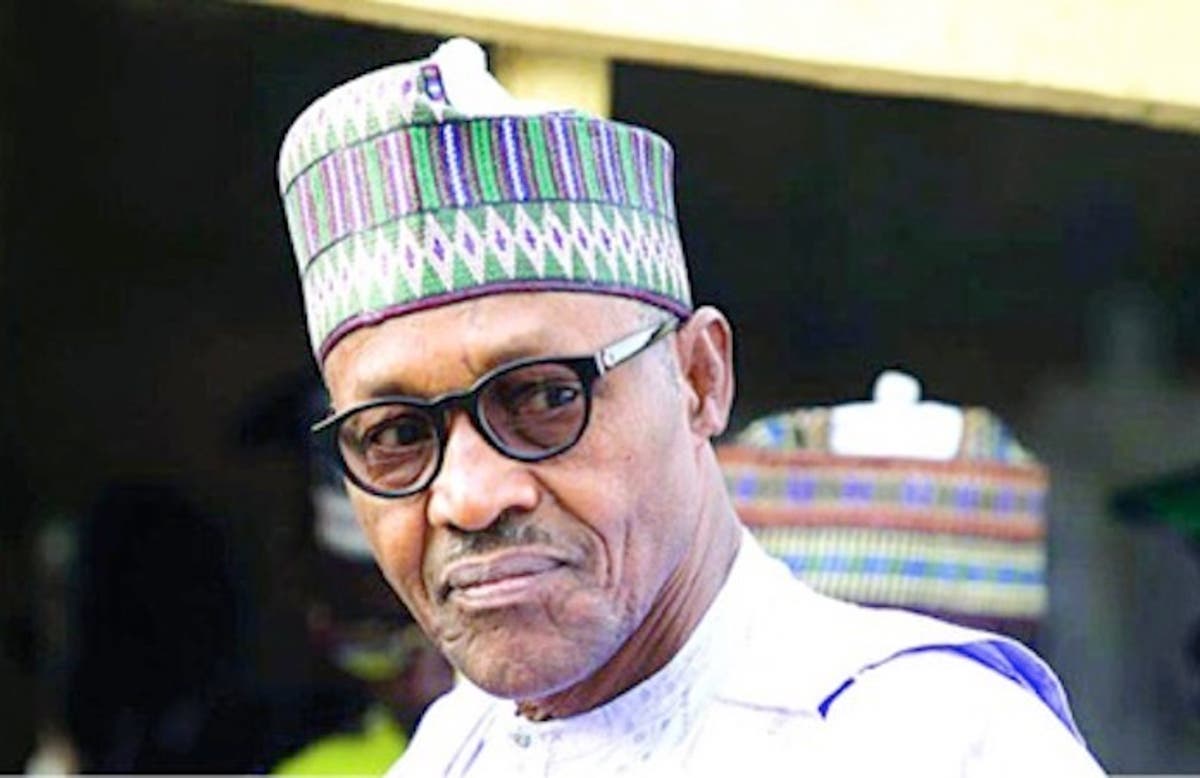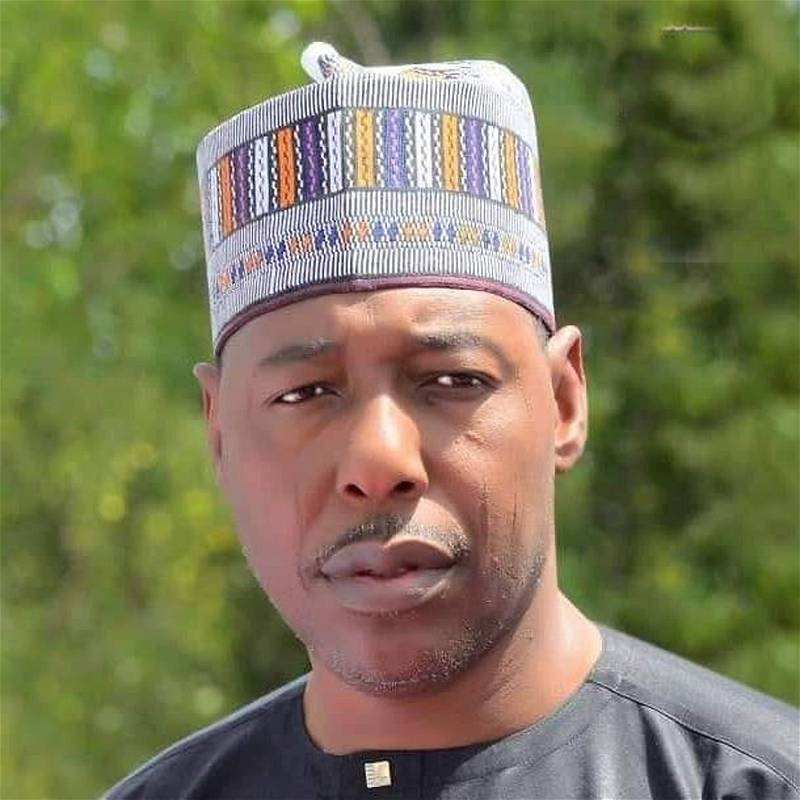Small business owners have continued to decry the rising inflation as it soars to its highest at 31.70 per cent.
Some of the business owners, who spoke to the News Agency of Nigeria(NAN) in Abuja on Sunday, said the economic hardship had become unbearable and called for the Federal Government’s intervention.
Abimbola David, the ownerer of a Cashewnut factory said the rising inflation had led to an increase in production costs and urged government’s intervention.
“We have had to review our costs three times this year. The prices we used in January, February, and March are different because every single cost of production keeps increasing.
“Last year, a ton of cashew was N600,000 to N700,000 but now, it is selling for between one million naira to N1.2 million and that is without the cost of transportation.
” The black pepper we use for one of our cashew flavours is now N22,000 as against N7,000 we bought in October 2023, that is over 200 per cent increase.
“Oil that was selling at N35,000 is now N55,000, honey that was N50,000 is now selling for N55,000. Our rent has also gone up too .”
David said the exchange rate was also not helping matters, adding that farmers and middlemen preferred to export the cashew nut than sell locally, therefore, sourcing the raw materials had become a challenge.
“Diesel is currently selling for N1,500 per litre. The last time I bought was N1,250 and before that, it was N1,100 all in this same year. In December 2023 I bought for N1,000 per litre.
“So you can see the increase in just three months. We are really struggling to stay afloat and the power situation is terrible, we constantly rely on generator and we have to ration things.
“Sales have dropped. Some stores we distribute to do not pay on time, they do not even put the prices on the cashew until you get to the cashier. ”
For Davids, while calling on the government’s intervention to help businesses, she said she was seeing how they could export their products to earn them foreign exchange.
She said the government needed to create an enabling business environment to help business owners and manufacturers stay afloat, such as cheaper access to power, raw materials, and infrastructure.
Joyful Samuel, a poultry farmer, said the rising inflation was biting hard and affecting the production of bird feed which had increased the prices of eggs.
“The price of bird feed has come up as a result of inflation. We make our bird feed and all the materials we need for production are on the steady increase.
” The cost of transporting these materials has also increased as a result of the removal of fuel subsidy. The cost of vaccination and multivitamins for maintaining the birds has also increased.
“A 25kg bag of the feed we produce is now N1,000, it was N10,000 earlier this year. So you can relate the price increase in eggs to all these things needed for production before finally the eggs are ready.
“Business has not been easy and we call on the government’s speedy intervention. Both the producers and consumers are not having things easy at all. ”
A restaurant owner, Precious Idoko, said the inflation was biting hard and affecting her food business.
“I do not even know where to start from. Is it the increase in prices of food items or power, gas, fuel, kerosene, and even charcoal? I have had to increase my food prices three times this year.
“Every time you go to the market, the prices have increased. A kilo of meat is now, N4,500, a mudu of garri is N1,100. Even panla one of the cheapest fish is now N3,500.
“I cannot sell at a loss, no matter how small, I must make profit to take care of my family too. Some of my customers come to eat on credit because they do not have money to pay. Some pay in installments.
“The government really needs to help Nigerians. The suffering is too much, we cannot continue like this. Whatever they need to do let them do it quickly,” she said.
For Mrs Badmus, a fashion designer, Mr Kadiri Ojo, a business man and many others, the story is not different.
NAN reports that Nigeria’s inflation rate rose to the highest in February 2024 from the latest Consumers Price Index (CPI) and inflation report from the National Bureau of Statistics (NBS).
The NBS said Nigeria’s headline inflation increased to 31.70 per cent in February 2024, which was 1.80 per cent points higher compared to the 29.90 per cent recorded in January 2024.
It said on a year-on-year basis, the headline inflation rate in February 2024 was 9.79 per cent higher than the rate recorded in February 2023 at 21.91 per cent.
The NBS attributed the increase in the headline index for February 2024 on a year-on-year basis and month-on-month basis to the increase in some items in the basket of goods and services at the divisional level.
It said these increases were observed in food and non-alcoholic beverages, housing, water, electricity, gas, and other fuel, clothing and footwear, and transport.
Others were furnishings, household equipment and maintenance, education, health, miscellaneous goods and services, restaurants and hotels, alcoholic beverage, tobacco and kola, recreation and culture, and communication.
The NBS said food inflation was the highest component for February 2024 accounting for 37.92 per cent on a year-on-year basis, this was 23.57 per cent higher compared to the rate reported in February 2023 at 24.35 per cent.
“The rise in food inflation on a year-on-year and a month-on-month basis is caused by increases in prices of bread and cereals, potatoes, yam and other tubers, fish, oil and fat, meat, fruit, coffee, tea, and cocoa.”
Economic experts have continued to push for measures to address the major factors driving the inflationary pressure in Nigeria.
These measures they said include addressing the rising cost of production caused by the high cost of energy and transportation; improving the power sector; exchange rate management; and tackling insecurity.
They have also said that monetary policy alone could not tackle inflation but complementary fiscal policy measures aimed at boosting food supply and firms cost of production. (NAN)




